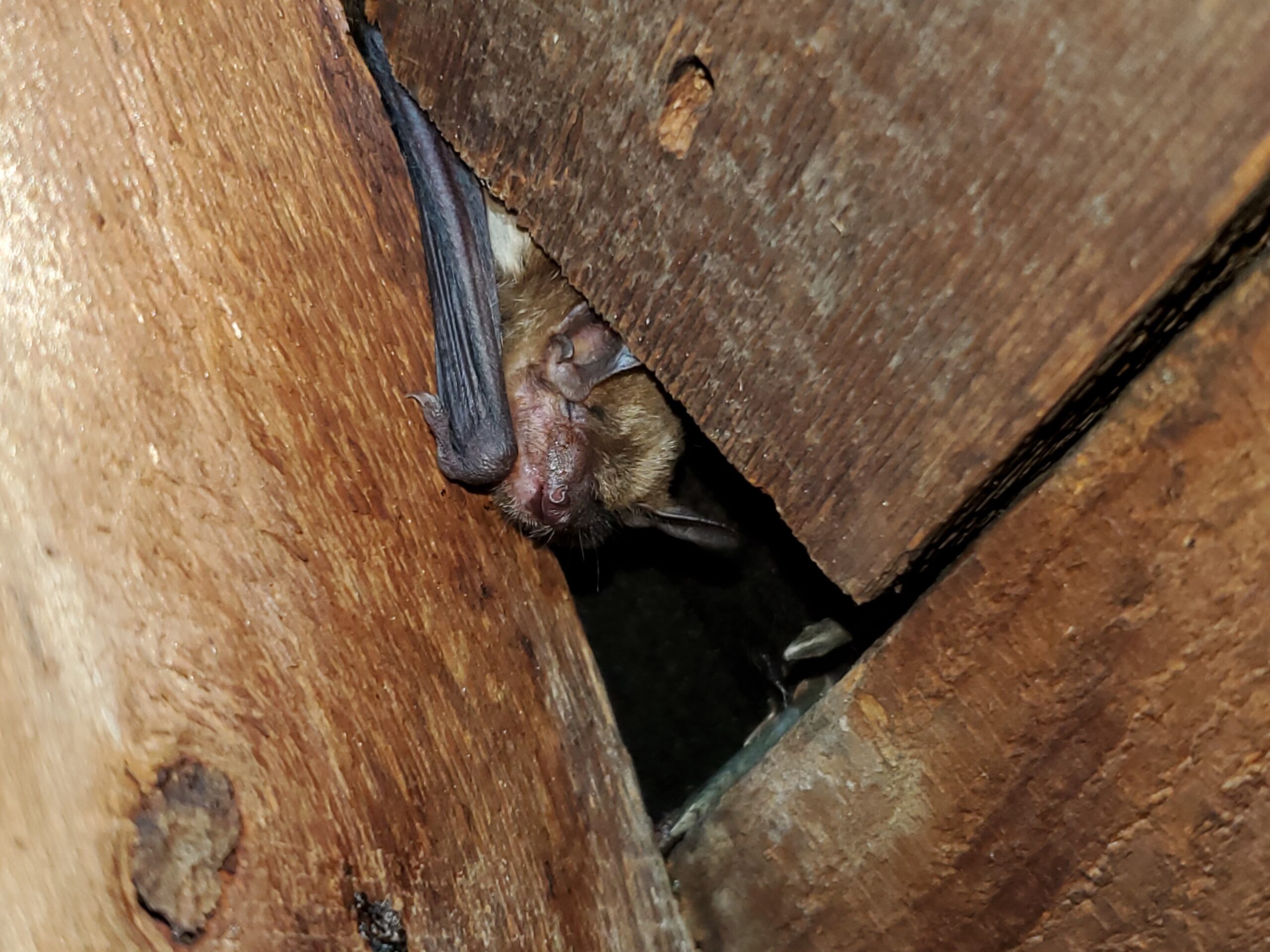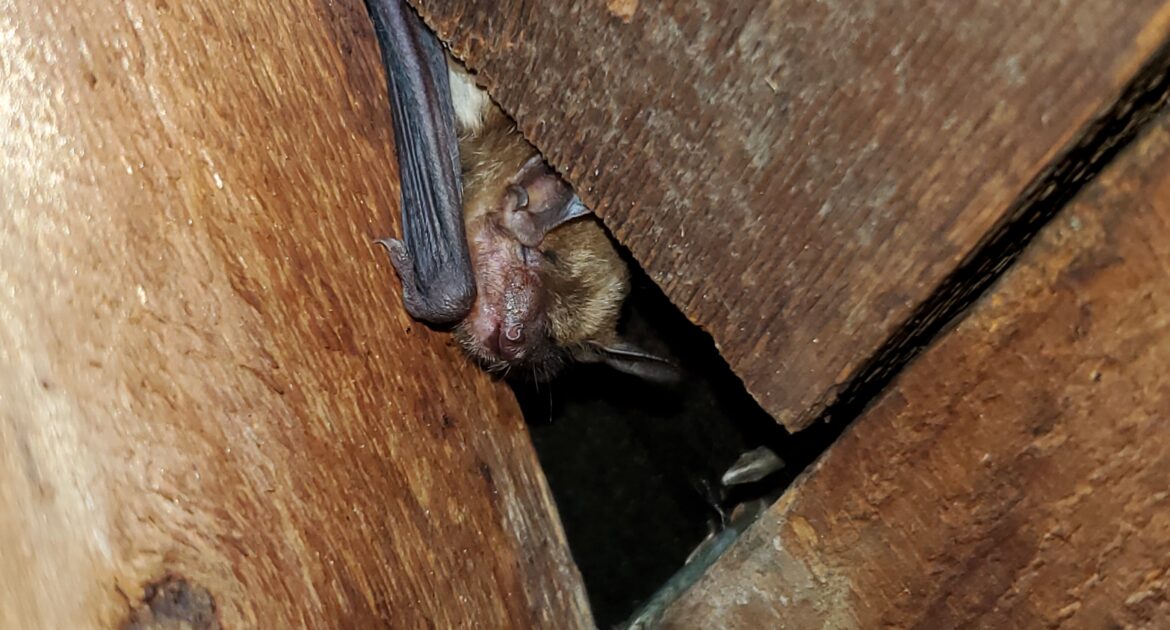Bats are some of the most amazing andhelpful creatures on the planet. Unfortunately, movies, television, and spooky stories have contributed to a scary reputation for these little flying critters. While bats are nothing to fear, they can do damage to your home, primarily when they find their way inside, according to wildlife control in Barrie.
The problem is not so much that the animal is a threat to your physical safety. The primary issue is the animal’s bathroom habits and as a likely carrier for bacteria and disease. Therefore, if you experience any of the four signs a bat is living in your house, you should immediately call a humane bat removal service.
1. High-Pitched Squeaks
Many people assume bats do not make any audible noises. While bats do use ultrasonic sounds to navigate the world and hunt for prey, they can make audible noises. Most often, you might hear high-pitched squeaks as the bats wake up in the evening or nestle into their roost at night. The chattering is common as the animals move around each other to get situated.
The squeaks can often be mistaken for other critters, such as squirrels or mice. You can quickly eliminate the possibility of a squirrel because the animal is more active during the day than at night. Therefore, you will not hear many noises coming through the walls during the day with a squirrel, but you will with bats.
2. Ammonia Smell
Bats tend to go to the bathroom where they hang, which means your attic space will become a cesspool of feces and urine. It is not uncommon for homeowners to begin to notice an overwhelming smell of ammonia from the urine. The odour is quite penetrative, and it is incredibly challenging to eliminate.
The problem with urine is that it soaks into the wood of the attic joists. The more a bat or bats urinate in the attic or walls of a house, the stronger the smell becomes. If you have a bat problem, you will need to contact a humane wildlife specialist.
3. Bat Droppings
Many people cannot resist the urge to inspect their attic space when they hear strange noises or smell strong odours. Upon inspection, you will either see the bats hanging upside down from your rafters, or you will notice evidence of their stay, primarily bat droppings on the attic floor. When you see the evidence of the bats, you need to evacuate your attic and call a humane wildlife control specialist.
Most animal control services prefer homeowners to call them with the slightest suspicion of a bat presence. You should never let curiosity overpower your common sense. Wildlife is unpredictable. For the safety of the animal and yourself, it is best to leave any property assessments to the professionals.
4. Scratching Noises in the Attic
Like most wild animals that nest in your attic space or wall cavities, bats can make all sorts of noises. One of the most common noises of any animal is a scratching sound coming from the attic. The scratching noises of bats are likely a little less distinctive than mice, squirrels, or raccoons. Bats tend to make scratching noises as they move along floor joists or get situated in their roost.
Like mice, bats are small and lightweight, so the amount of noise will likely be minimal. Still, scratching is a potential sign that a bat or bats are roosting in your attic space.
Do you believe you have an animal in your attic space? Have you heard, seen, or smelled something that makes you think the animal is a bat? Contact Skedaddle Humane Wildlife Control and schedule a property inspection.




